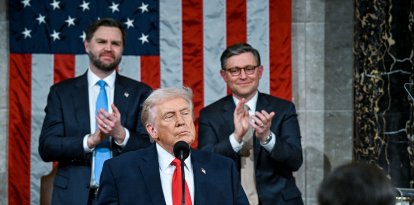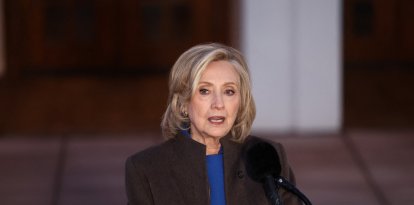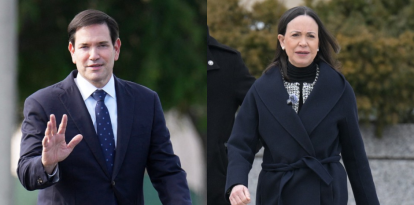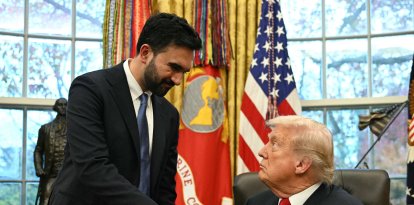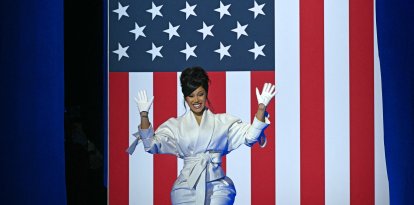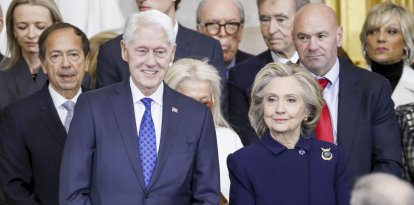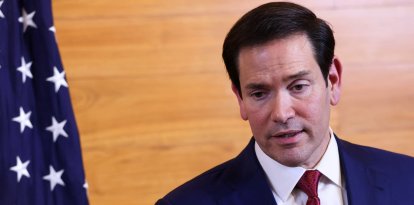White House focuses on fentanyl trafficking in talks with Chinese government
China plays a key role in fentanyl production by exporting the chemicals needed to make it in Latin America.

Trump's nominee for Treasury Department arrived in Senate.
The federal government on Friday expressed "great concern" to China over trade and counternarcotics policies, the Treasury Department reported.
Chinese Vice Premier in charge of Commerce, He Lifeng, and U.S. Treasury Secretary Scott Bessent held a conversation at the latter's request, according to Chinese state television network CCTV.
At the end of the meeting, He Lifeng "expressed his deep concern over recent restrictive measures, such as increased tariffs, imposed on China by the United States," the television added.
Scott Bessent conveyed his "grave concern" about China's trade and anti-drug policies, according to a U.S. government statement.
Bessent's concern is not unfounded. Several reports already indicated that China plays a key role in fentanyl production. Essential chemicals are exported from China to produce the drug in Latin America and then taken to the United States. In this process, it has been reported by authorities that Chinese traders often change the labeling of products for export.
70,000 fentanyl-related deaths per year
Of all drugs, fentanyl poses the greatest threat. Statistics from the International Narcotics Control Board show that the United States is the world's largest consumer of fentanyl and similar drugs.
The United States consumes 80% of the world's opiates. It is estimated that more than 100,000 Americans died from overdoses in 2023, with more than 70,000 of the deaths attributed to fentanyl. The Drug Enforcement Administration has called it "the deadliest drug threat the U.S. has ever faced."
Bessent also assured that Washington is determined to "pursue economic and trade policies that protect the U.S. economy."
Since the start of his second term in January President Donald Trump has increased tariffs on products from China in an attempt to reduce the U.S. trade deficit.
In early February he imposed additional 10% customs tariffs on all products imported from China, the country with the largest trade surplus in goods with the United States ($295.4 billion in 2024 according to official U.S. figures).
In retaliation, Beijing has applied tariffs of 15% on coal and liquefied natural gas (LNG) and 10% on oil and other U.S. goods (agricultural machinery, vehicles), although these measures are much smaller in proportion.
As of March 12, Washington will also impose new tariffs of 25% on steel and aluminum imports for all its trading partners.
Trump has also threatened to impose new tariffs of 25% or more on several sectors starting in early April: wood, forestry products, automobiles, semiconductors and pharmaceuticals.













